You’ve probably heard the saying, “The move is the hardest part of moving.”
And honestly, that’s no joke—especially when it comes to packing. You’d think packing would be as simple as just tossing everything into boxes, but there’s a lot more to it than that.
It turns out packing is where most people mess up big time.
In fact, about 45% of people admit they’ve either damaged their belongings or had an overall stressful move because of poor packing decisions.
So, if you're wondering about the biggest packing mistakes people make when moving, you’ve come to the right place.
Packing mistakes when moving are more common than you think, and we are here to help you avoid them. If you know where most people go wrong, you can save yourself from the same fate.
From overloading boxes to not using the right materials—people mess up in more ways than you'd believe. Let’s break it all down for you so you can pack like a pro.
Overpacking Boxes Like You’re Trying to Win a Prize
Let’s get this straight. Just because you have a giant box doesn’t mean you should stuff it with everything you own. Overpacking boxes is a huge mistake.
We know you're trying to save space and time. But do you know what happens when you shove a ton of heavy stuff into one box? It can become chaotic.
You’re not a superhero. Those boxes are going to be heavy, awkward to lift, and more likely to break. This is one of the classic packing mistakes that we see people make over and over when moving.
Solution: The key here is to use the right-sized boxes for the right stuff. Pack your books and heavy kitchen ware in smaller boxes, and save the big ones for lightweight things like bedding and clothes.
These articles will help you make pro in packing boxes:
How Many Boxes Do You Need for Moving?
Using the Cheapest Packing Materials
If you’re thinking about just grabbing some random boxes from the local grocery store and calling it a day—think again.
It might save you a few bucks, but it's gonna cost you in the end. We all know packing is an investment, and the right materials make all the difference.
Here’s what you need: sturdy boxes, bubble wrap, packing peanuts, and strong tape and don’t forget about packing paper.
Pro Tip: Invest in quality packing materials—it’s cheaper than replacing broken items later!

To make sure you have the right supplies for a smooth move, check out our guide on the moving supplies you’ll need for your next move.
Not Labeling Boxes Like a Pro
Now, here’s a little thing that can totally make or break your move.
Have you ever been in the middle of unpacking and had no idea what was in a box? It’s one of the easiest ways to add unnecessary stress to your already crazy moving day.
Label your boxes.
We are not just talking about writing "kitchen" on a box. We are talking clearly, labeling each box with its contents and the room in which it belongs.
For example, “Kitchen—plates, cups, silverware” or “Living Room—candles, photo frames, throw blankets.”
This way, when you get to your new home, it's super easy to put everything in the right room, and you don't have to dig through boxes for that one thing you really need.

Don’t let unmarked boxes make your move a guessing game. Learncheck out our guide on the how to label your moving boxes like a pro.
Not Protecting Fragile Items
If you're like most people, you probably have that one collection of glassware, plates, or maybe a fancy vase. The last thing you want is for those items to get broken during the move.
This is a classic mistake that we see way too often—not protecting fragile items properly.
Fragile items need extra care. You can’t just throw them in a box and hope for the best. Wrap them in a bubble wrap or packing paper.
Use dish foam for plates and glasses, and be sure to pad everything with packing peanuts or crumpled paper to absorb any shock. A little extra time here can save you a lot of heartbreak later.

Don't risk your fragile items becoming a disaster. Learn thecheck out our guide on the best techniques for packing them safely
Why You Can Trust My Good Movers
550+
moving companies
listed
16,000+
customer reviews to help you decide
50+
states covered for moving services
100%
free quotes provided instantly
Packing Heavy Items in Large Boxes
This one sounds counterintuitive. But if you put heavy stuff in big boxes, you’re asking for trouble. Heavy boxes are harder to lift and carry, and they tend to break more easily under the weight.
So, what should you do instead?
The rule is simple—use small boxes for heavy stuff.
Books? Small box.
Kitchen appliances? Small box.
That way, you can actually carry them without hurting yourself. Larger boxes should be reserved for lighter, bulkier items like bedding, clothes, and pillows.
Forgetting About the Essentials
Here’s a mistake we see people make every time. They pack all their things, but they forget about the “moving essentials” box.
You know, the stuff you’ll need when you first get to your new place—the things you need right away.
Stuff like toiletries, a change of clothes, chargers, basic kitchenware, and a few snacks.
Pro Tip: Pack an essentials box that you can easily grab when you arrive. This box should contain toilet paper, toothpaste, a towel, and anything else you'll need for the first day in your new home.

Don’t leave your essentials to the last minute. To make sure you’re packing the right things first, check out our guide on what to pack first when moving.
Rushing Through the Packing Process
Packing is stressful. There’s a lot to do, and it can feel like there’s no time to waste. But rushing through the packing process is one of the biggest mistakes people make.
They throw things in boxes without thinking about how they’ll be protected or how easy it will be to find things later.
Don't make that mistake! Plan ahead, start early, and don't try to pack everything in one day. The more time you give yourself, the less stressed you'll feel and the less likely you are to make those annoying packing mistakes when moving.

Skip the stress and the mess. Compare trusted movers and get your move on the right track.
Not Having a Packing Checklist
If you don’t have a packing checklist, you're just asking for chaos.
How do you know what to pack and when?
How do you stay organized?
You need a plan!
Here’s a simple packing checklist for moving day:
- Gather all your packing materials—boxes, tape, bubble wrap, etc.
- Start with non-essentials—seasonal clothes, decor, stuff you won’t need right away.
- Pack fragile items with extra care.
- Label every single box.
- Pack an essentials box with toiletries, snacks, chargers, etc.

Don't leave anything to chance—stay organized with a checklist. For the ultimate moving guide, download our All-In-One Moving Checklist.
Trying to Do It All Yourself
This one might be hard to hear, but it’s true. If you think you can do it all yourself, you might be setting yourself up for failure.
Moving services, especially professional packing services for moving companies can help you with the heavy lifting and packing!
If you can swing it, hire a pro to help with the packing part. They’ve got the experience to make sure everything’s packed securely and efficiently.
Plus, they can help save you time and energy, so you don’t have to deal with it all alone.

Avoid turning your move into a comedy of errors. Find top-rated packers to keep your belongings safe and sound.
Now, You’re Ready to Pack Like a Pro!
You’re now equipped with all the packing knowledge you need to avoid the biggest packing mistakes when moving.
If you follow these tips, start early, stay organized, and remember to protect your fragile items, you’ll breeze through your move like a total pro.
No more broken plates, crushed books, or last-minute panic. You’ve got this!

Discover packing hacks that’ll make even the pros jealous. Check out our expert packing tips.
Recommended Resources



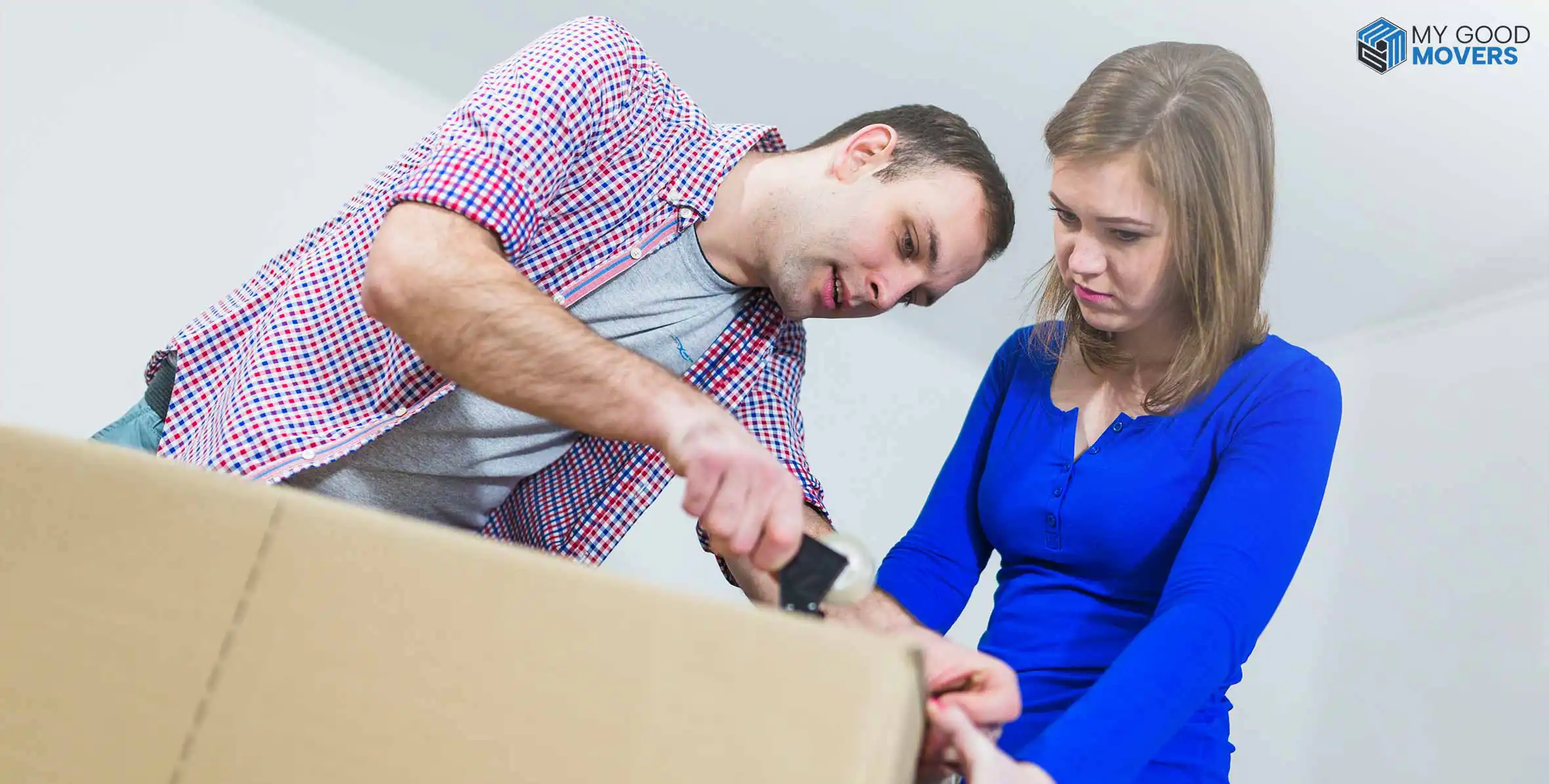


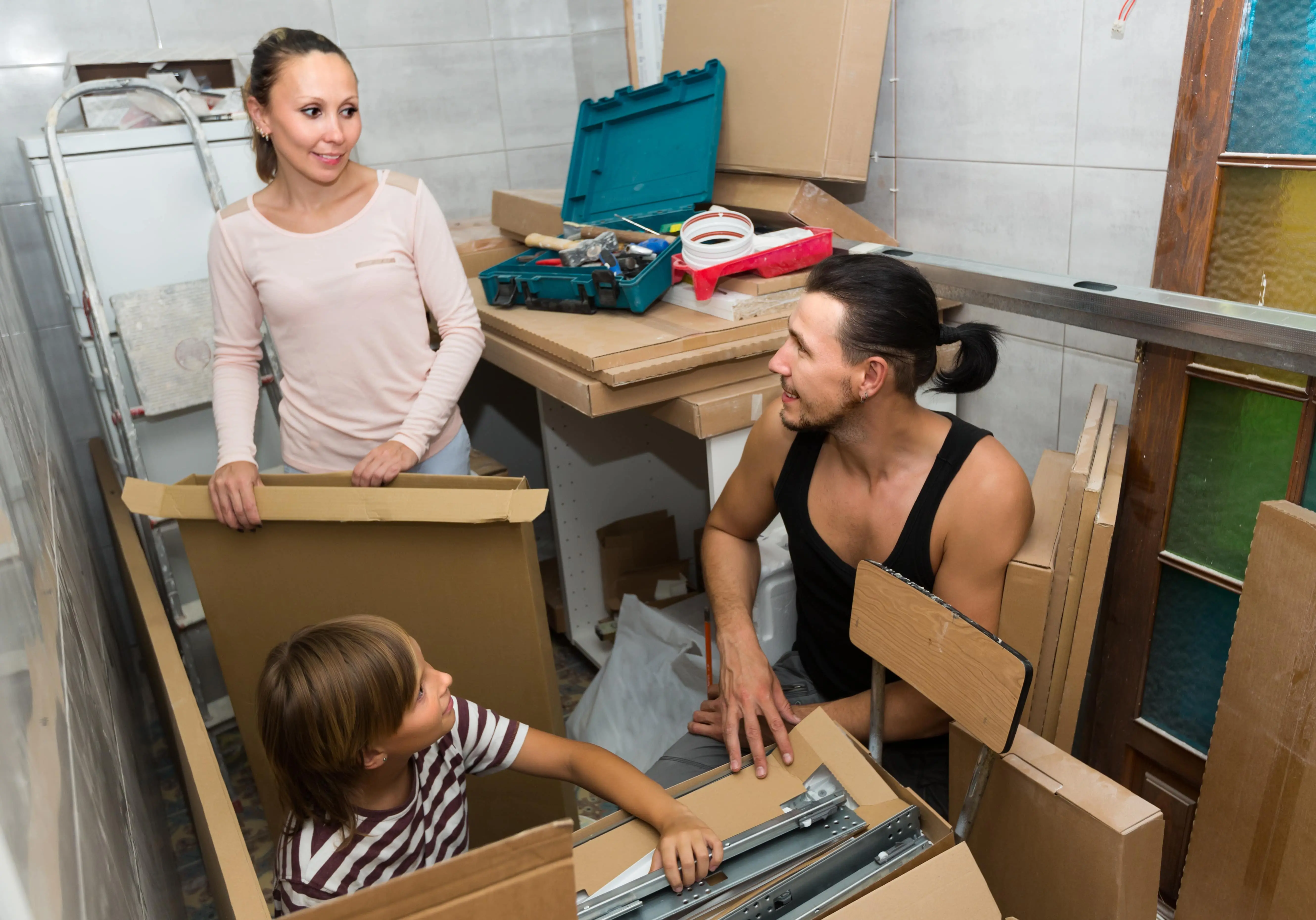

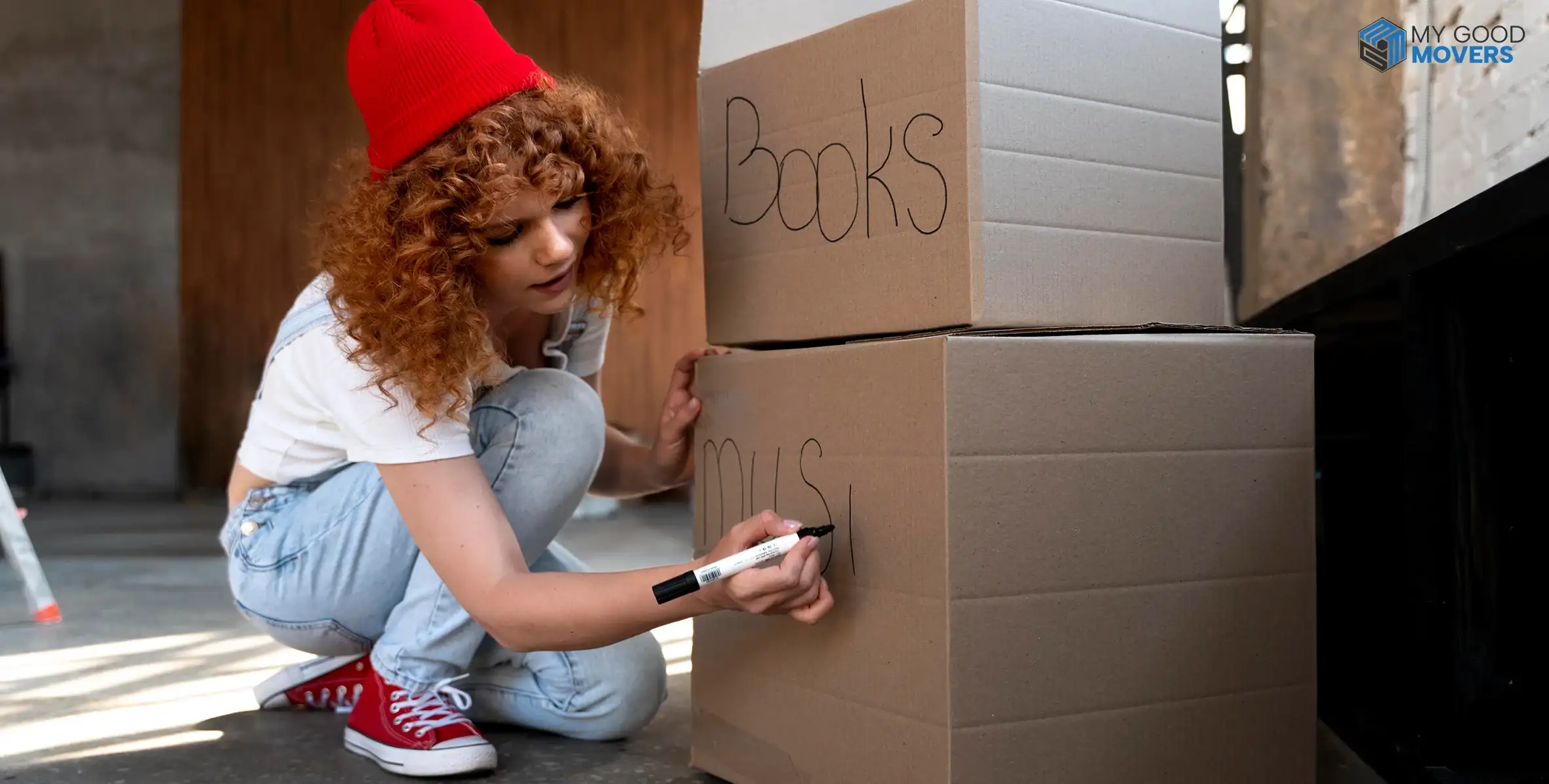
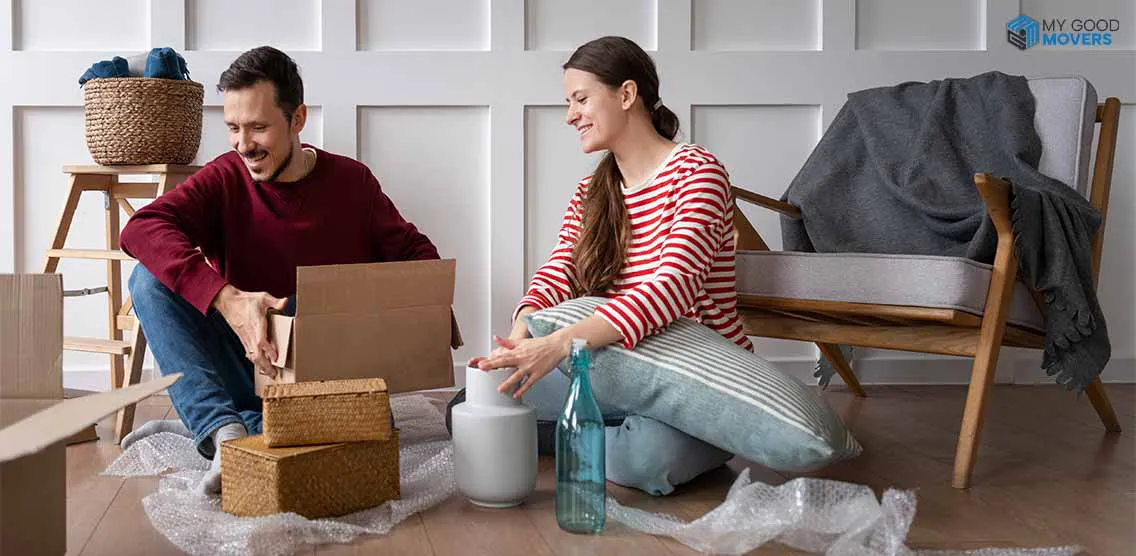
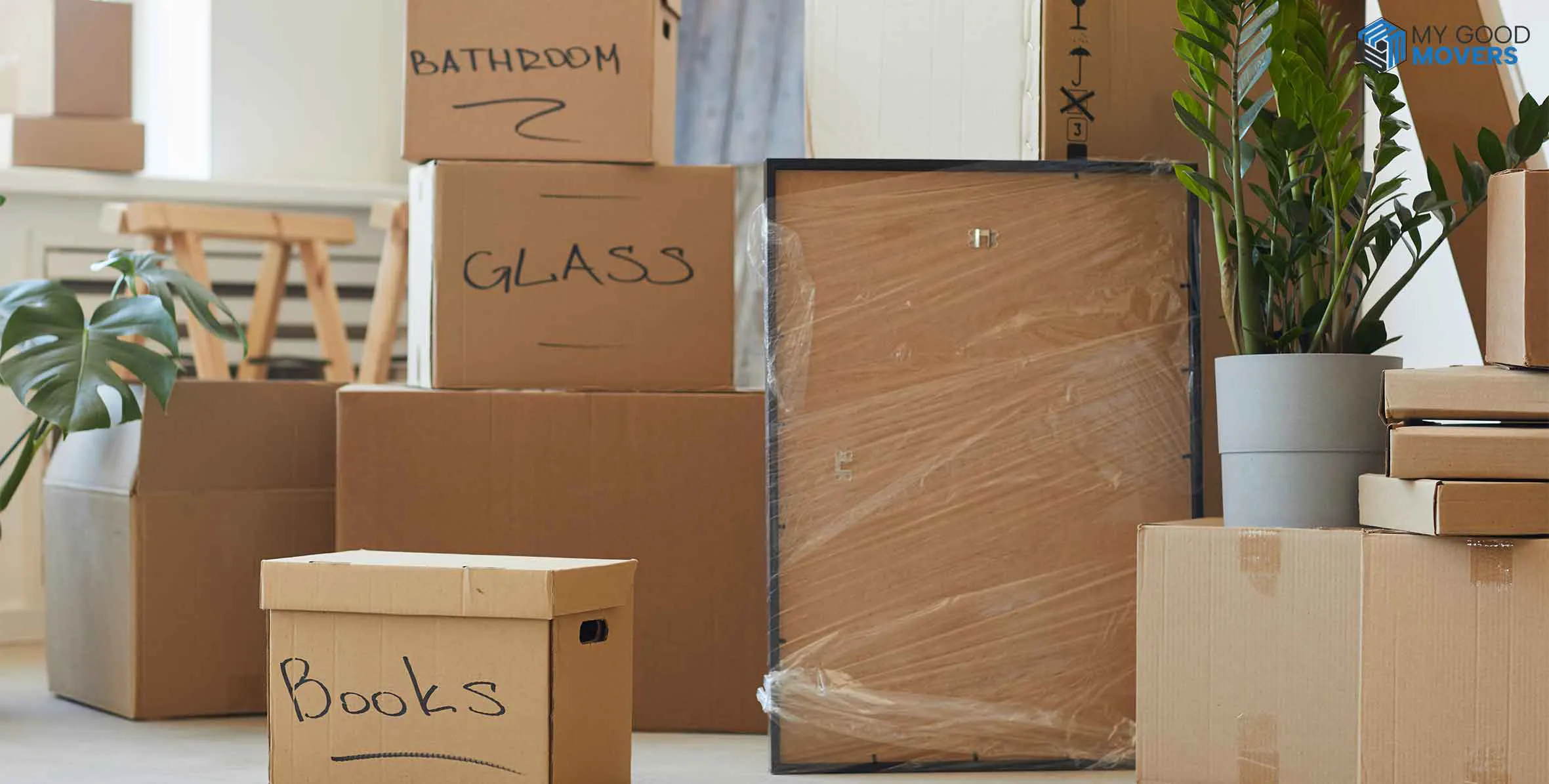
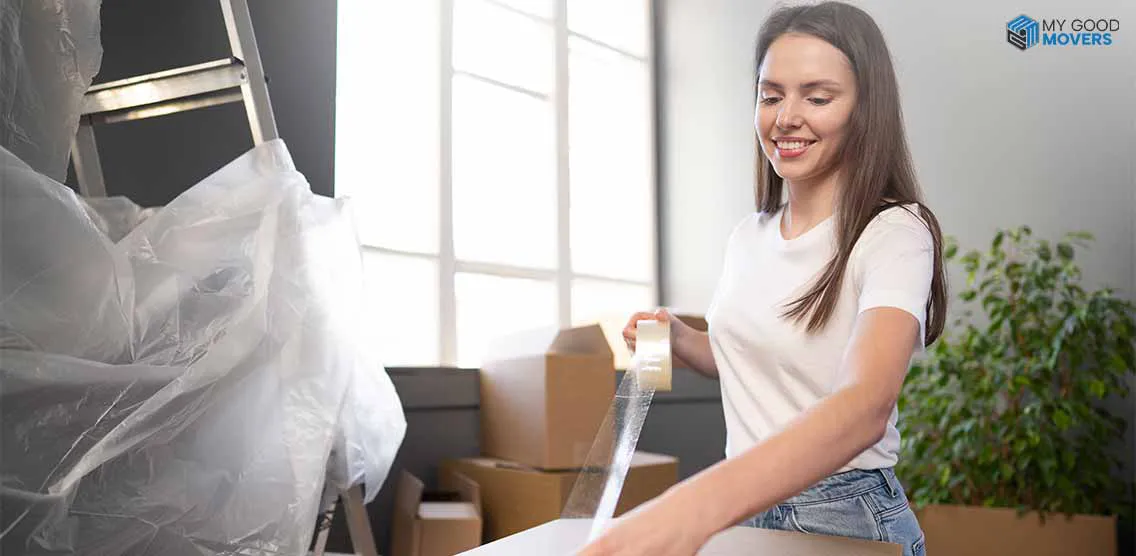

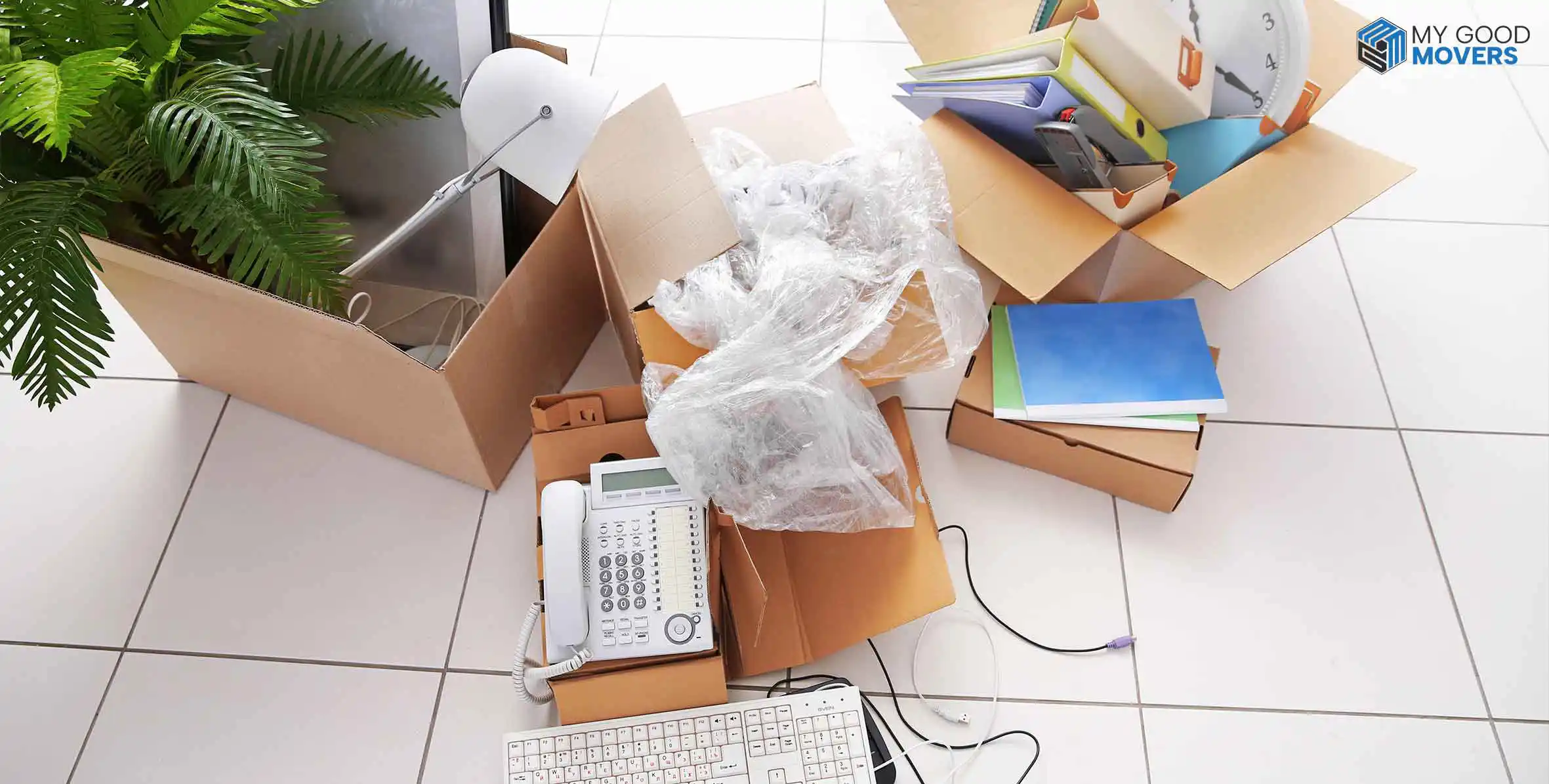











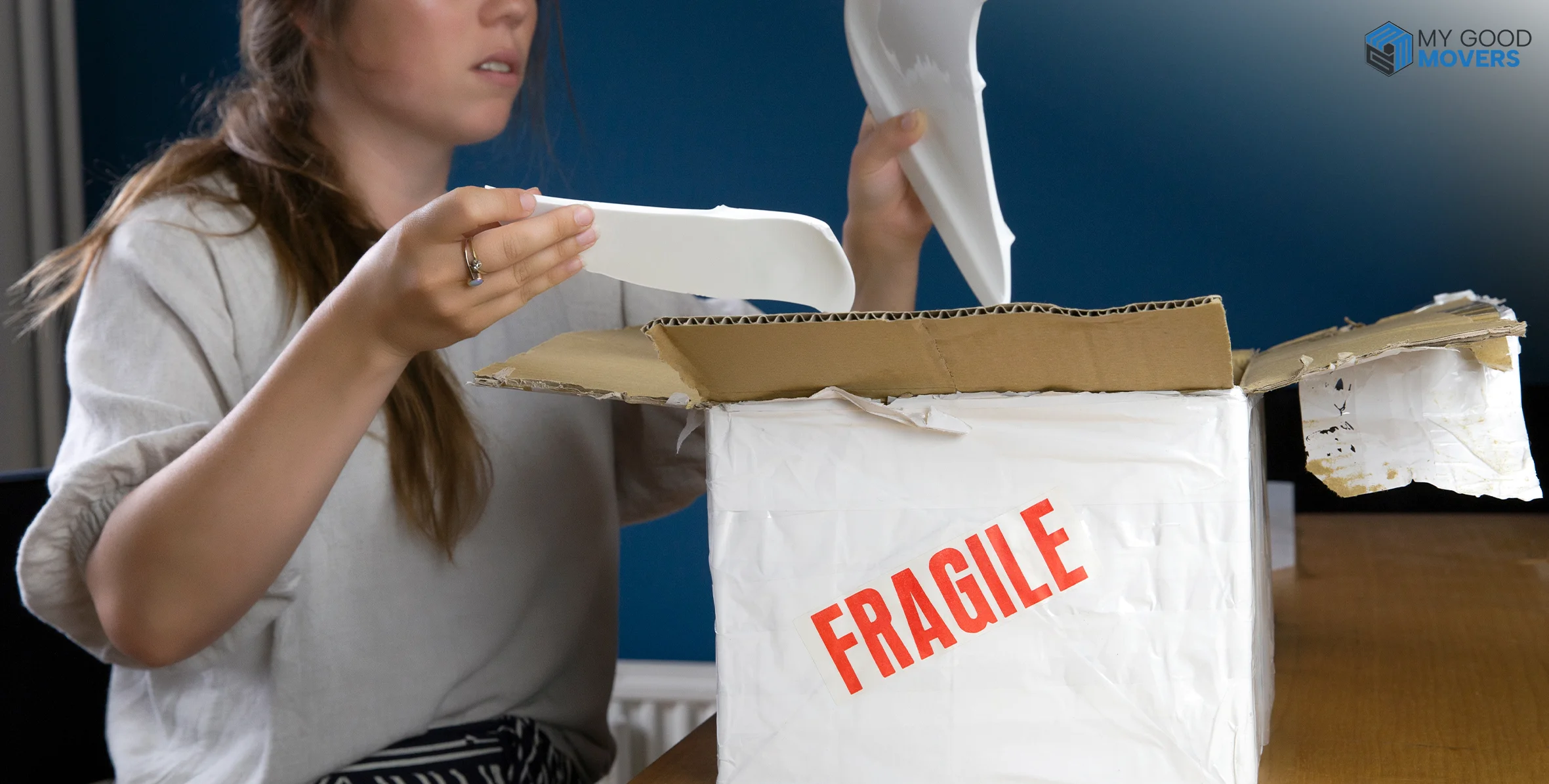

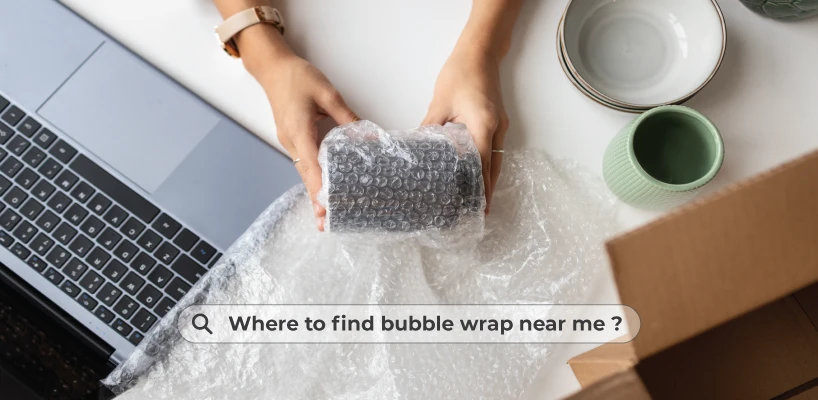
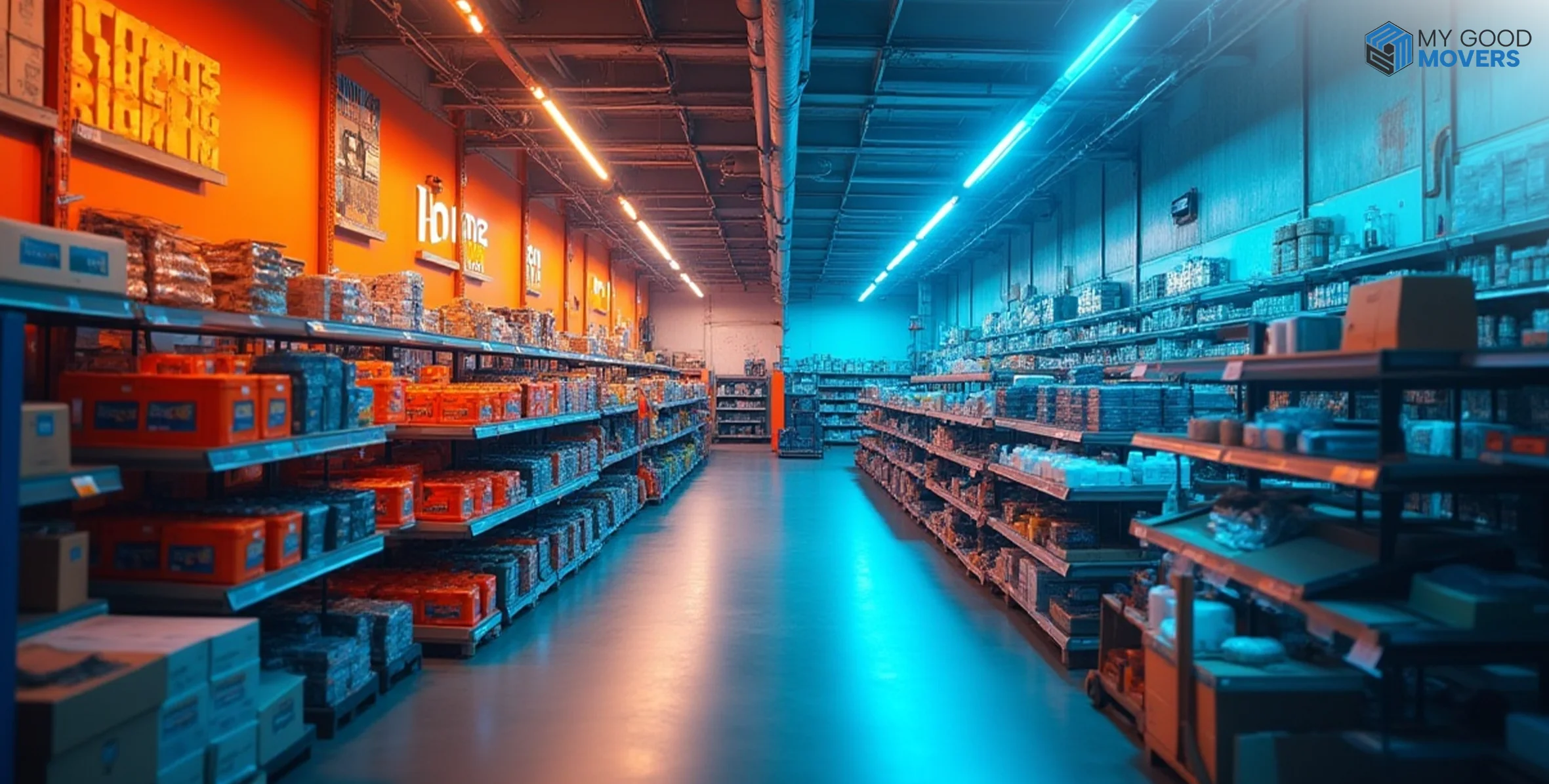

 (239) 799–6077
(239) 799–6077